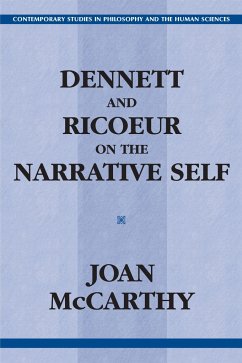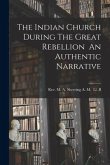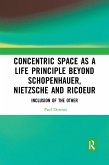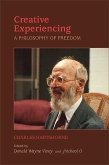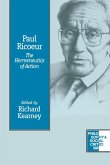A central issue in contemporary philosophy is the problem of the self. Is it some kind of real entity or a very convincing illusion? Drawing on the work of two leading philosophers, Daniel Dennett and Paul Ricoeur, philosopher Joan McCarthy examines how each of these thinkers casts the self in narrative terms. McCarthy begins with Dennett's naturalist objectivist account of the narrative self. Specifically, she considers Dennett's use of the language of computer programming and his version of the self as a kind of downloadable software package, a useful theoretical fiction yet one that is not real in any scientifically acceptable sense. She poses some objections to his naturalist approach to the problem of human selfhood. Turning to Ricoeur, she assesses his phenomenological-hermeneutic account of the self as a culturally mediated narrative unity. In comparing Ricoeur's concept of self as an embodied character (as in a play or novel) woven from the many plots of a single life to Dennett's neuroscientific model, McCarthy ultimately finds Ricoeur's approach more comprehensive. The key advantage of Ricoeur's interpretation is that it focuses, not on things, but on relationships between peculiarly human activities, such as developing long-term projects or making promises. She criticizes Dennett's excessive objectivism as being too narrow to account for the richness and many-faceted aspects of human life. Finally she makes links with other contemporary scholars who are deploying theories of narrative selfhood in order to address questions of moral agency in a new light. This new approach to ethical issues, narrative ethics, is currently the subject of much debate in bioethical literature.
Bitte wählen Sie Ihr Anliegen aus.
Rechnungen
Retourenschein anfordern
Bestellstatus
Storno

